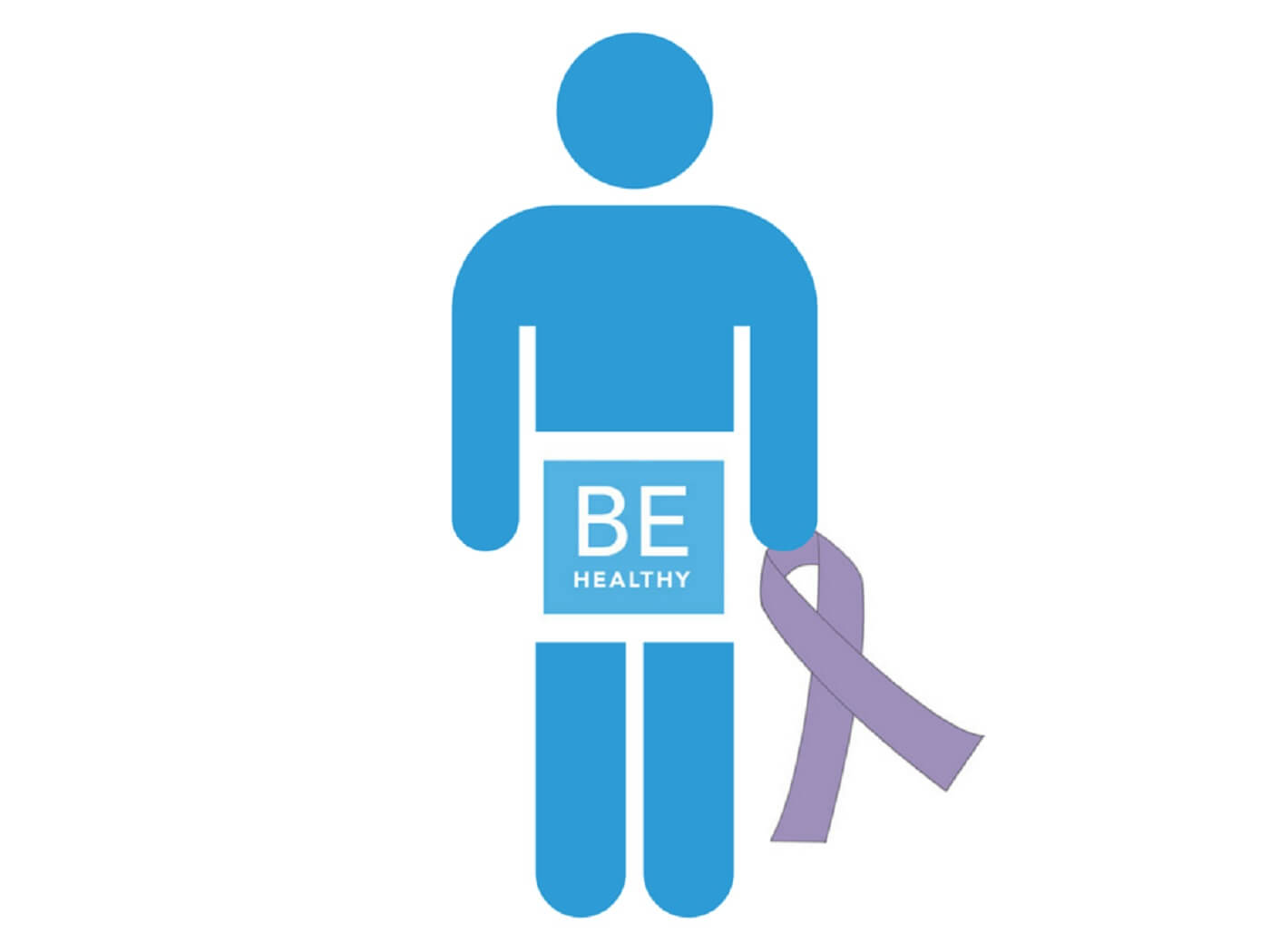The month of April has been defined as testicular cancer awareness month. Over the last few years, several social media campaigns have been launched to raise awareness and create a platform to foster conversations about this disease. Some of these campaigns are: #FeelingNuts, #TocarseEsLodeHoy and #BallsToCancer.
Good news is testicular cancer is rare. It accounts for about 1% of all male cancers. That said, it appears to be the most common form of cancer in men ages 15-35, BUT if caught at an early stage, before it spreads, the survival rate is almost 100%. If caught at a late stage, survival rate drops by 20%.
According to the Testicular Cancer Society, “approximately 1 in 250 men will be diagnosed with testicular cancer, but thanks to early detection and advanced treatments, only approximately 1 in 5000 men will die from [it]”.
WHAT ARE THE SIGNS?
- A painless lump
- An enlargement of the testicle
- Hardening of the testicle(s)
- A significant loss of size in one of the testicles
- A feeling of heaviness in the scrotum
- A dull ache in the lower abdomen, back or in the groin
- A sudden collection of fluid in the scrotum
- Pain or discomfort in a testicle or in the scrotum
- Enlargement or tenderness of the breasts
It is extremely important to do a self-exam once a month or every two months.
HOW TO DO A SELF TESTICULAR EXAM
1. It is recommended to do the exam during or after a warm bath or shower.
2. Begin by checking for any swelling on the scrotal skin.
3. Examine each testicle with both hands. Place the index and middle fingers under the testicle with the thumbs placed on top. Roll the testicle between the thumbs and fingers to feel for any irregularities on the surface or texture of the testicle.
If you notice any lumps or irregularities, see a doctor right away. A doctor will determine if they are cancerous or not. Waiting to see if they will go away on their own could make it worse.
For more information about this and other cancers, please contact our SAIN offices in San Luis Rio Colorado and one of our providers will be glad to answer any doubts or concerns.
Source: Testicular Cancer Society






